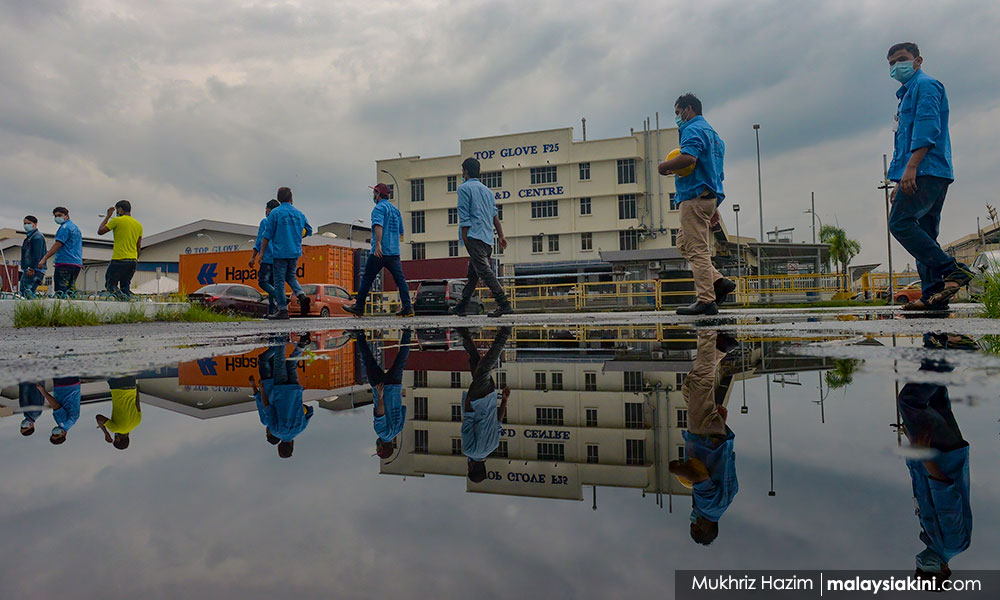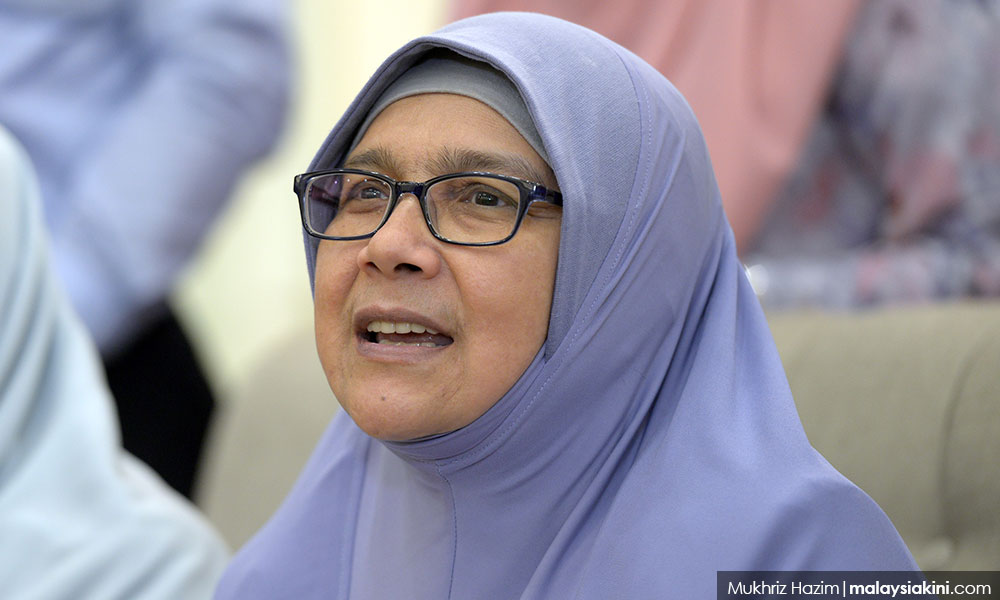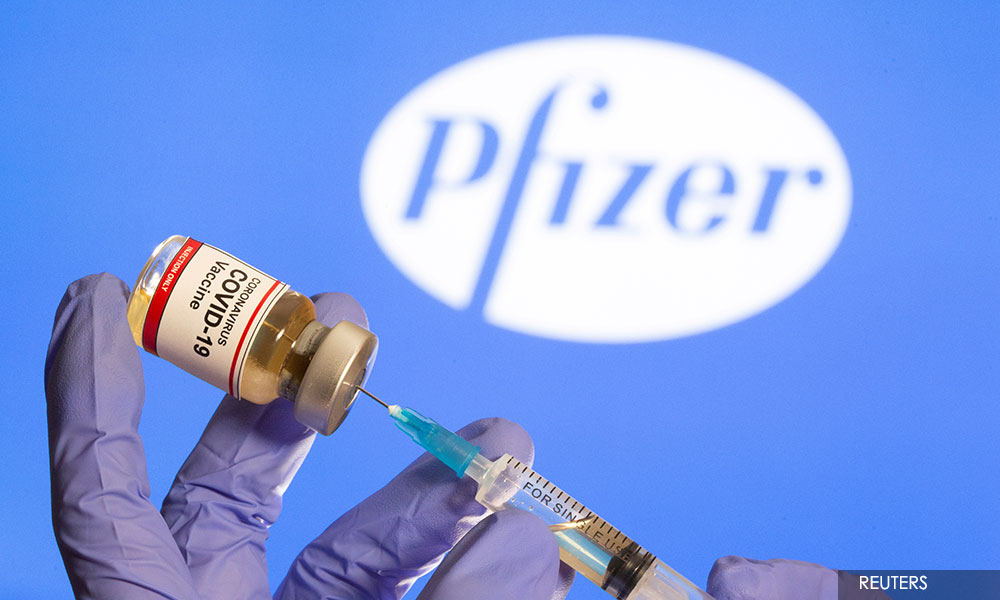INTERVIEW | The Selangor government's support for Putrajaya's Covid-19 vaccination plan would include the estimated one million foreign workers in the state, according to Menteri Besar Amirudin Shari.
In an interview with Malaysiakini, he said the vaccination of foreign workers must be taken into account in order to reach the necessary target for herd immunity in the state's overall population of over six million people.
“Of course, we want to protect everyone because in theory to achieve herd immunity, we need to vaccinate between 65 and 70 percent of the population.
“After receiving the vaccine, I was informed that an individual will be immune to the virus but he or she can still be a carrier. So like it or not, others (in the community) must also be immune,” he added.
Amirudin said this would comprise foreign workers living alongside the locals and noted the large number of factories in Selangor's industrial zones.
"We are using the most conservative estimate, around one million foreign workers... They must be vaccinated as well to continue working and to remain in the community," he added.

The Teratai Cluster - linked to Top Glove factory workers in Klang - emerged as the country's largest active cluster since last November, with 7,083 cases recorded to date.
At its peak, the cluster recorded more than 1,000 new daily infections, raising Selangor's overall infection numbers above Sabah.
Despite shutdowns and the government implementing an enhanced movement control order (MCO), it was reported on Dec 2 that there were 150 in-community spread linked to the cluster.
"So definitely, they (foreign workers) too need vaccines because they are living in-community.
"Otherwise, our community (of locals) will be immune, but there are migrant workers who are not because we did not provide them with the vaccine," Amirudin said.
"This is why the state government is also ready to provide vaccines to registered migrant workers through their employers, in order to achieve herd immunity," he added.
However, unlike Malaysians, Amirudin said foreign workers would not be vaccinated for free.
Possible options, he added, included either offering the vaccines at a subsidised price or at cost price.
While the federal government has set a March target to roll out the first phase of its 12-month vaccination plan, Amirudin said Selangor's plans would depend on the final outcome of its ongoing negotiations with several undisclosed vaccine manufacturers.

He said the various options would also be deliberated by a special committee led by Selangor Health, Women and Family Empowerment exco Dr Siti Mariah Mahmud together with several members from Selangor's Covid-19 taskforce.
"They have to present based on cost, effectiveness and suitability. For example, the Pfizer vaccine requires two doses, while another only requires one.
"These are the issues being discussed and there are details that I must further discuss with the health minister in order for us to gain approval to use the vaccines," he added.
Last month, Amirudin announced the Selangor government's intention to purchase five million doses of Covid-19 vaccine, a move which he said was welcomed by the federal government as their burden would be alleviated.
'High cost involved'
With regard to the overall cost, Amirudin said his personal estimate is that vaccinating one-third or around two million of Selangor's overall population would cost some RM200 million.
"This is for a vaccine that is slightly cheaper than Pfizer's," he revealed.
Quizzed further, Amirudin said the projected cost was taken into account in Selangor's state budget for this year which was tabled on Oct 30.

"Because of several recent developments, for example, the federal government's plan to only provide vaccines for Malaysians, we decided we must do something.
"Of course, there will be people who say we are prioritising foreigners, but I am thinking in the context of the state's economy," he said, warning that not vaccinating foreign workers could cripple the state's manufacturing sector.
At the same time, Amirudin said he disagreed with a full economic shutdown similar to the first movement control order last year.
He suggested that Malaysians must be prepared to chart a new reality of living with the pandemic, including to continue allowing the operation of certain economic sectors.
He was responding to news reports based on a letter by EU-Malaysia Chamber of Commerce and Industry (Eurocham Malaysia) chief executive officer Sven Schneider to his members, that Putrajaya is set to announce a total economic shutdown after Feb 4 should the number of Covid-19 cases keep increasing.
Eurocham, however, later clarified the letter was intended to be a confidential internal circular following an informal meeting with the International Trade and Industry Ministry (Miti).
It also clarified that while Miti underscored the heightened sense of urgency that currently prevails, given the rising number of cases, there was no mention of an immediate lockdown after Feb 4. - Mkini




No comments:
Post a Comment
Note: Only a member of this blog may post a comment.